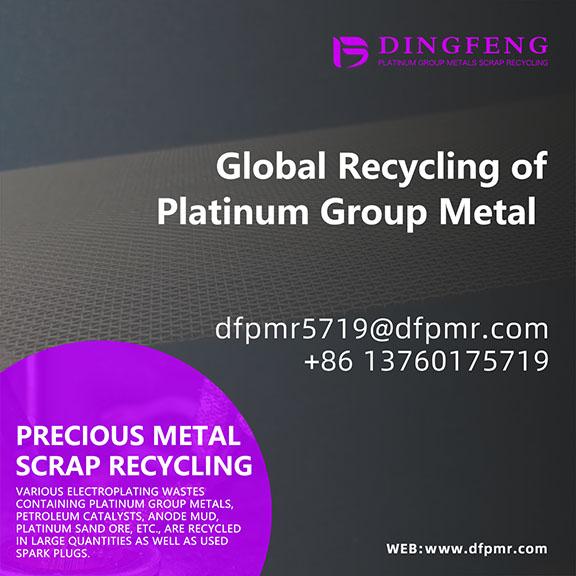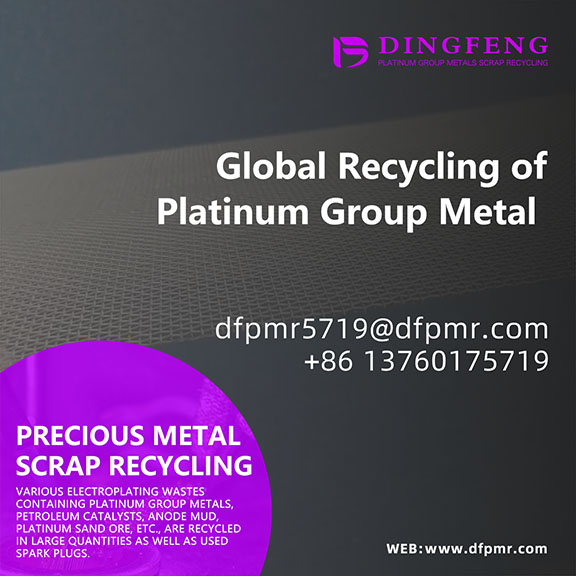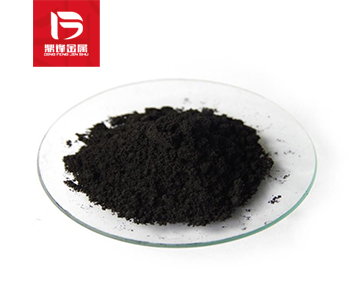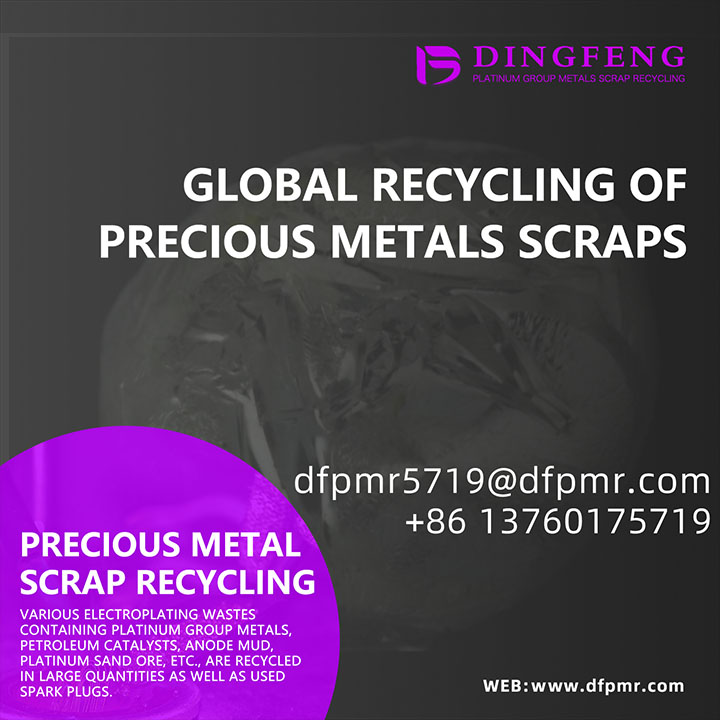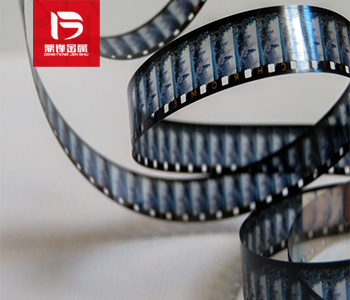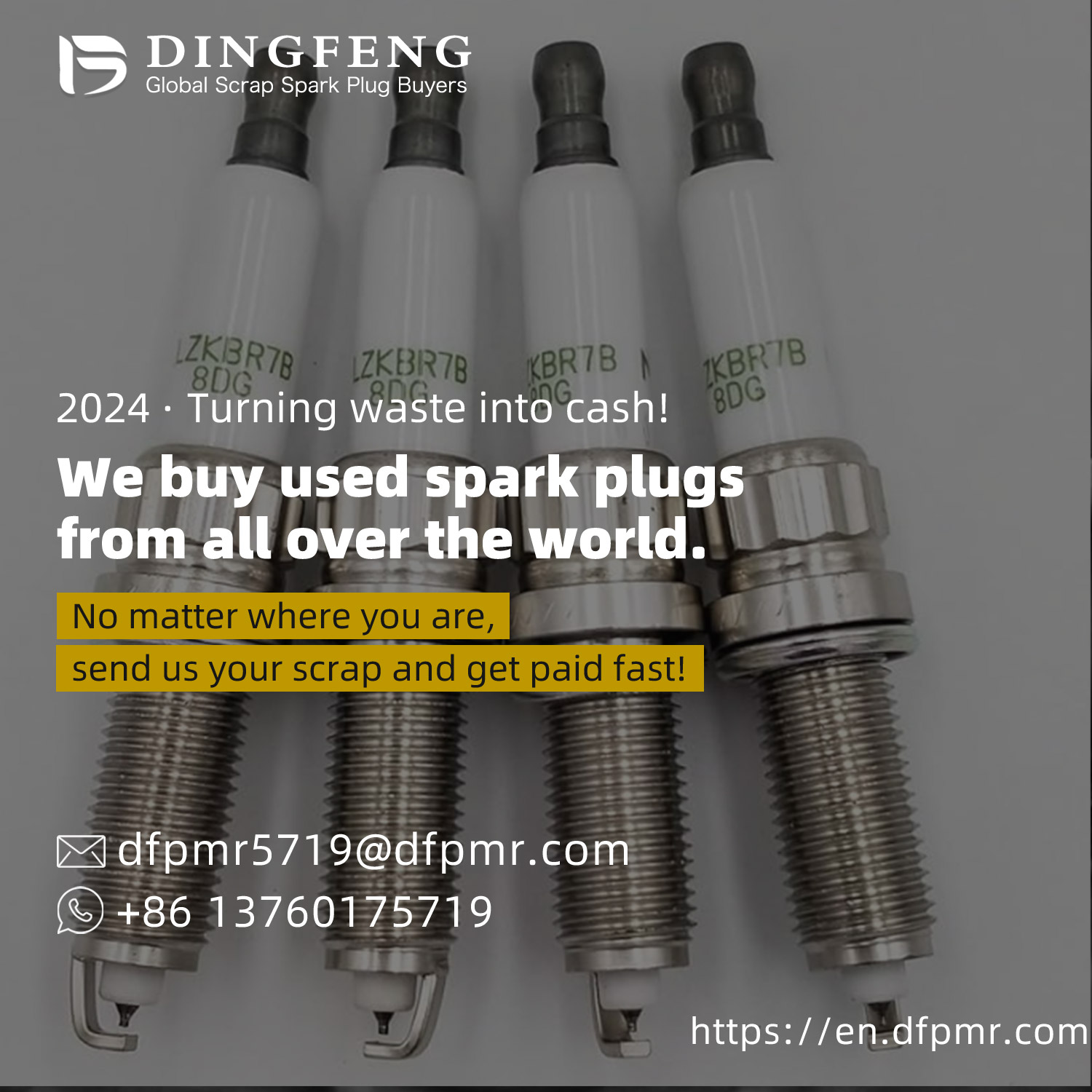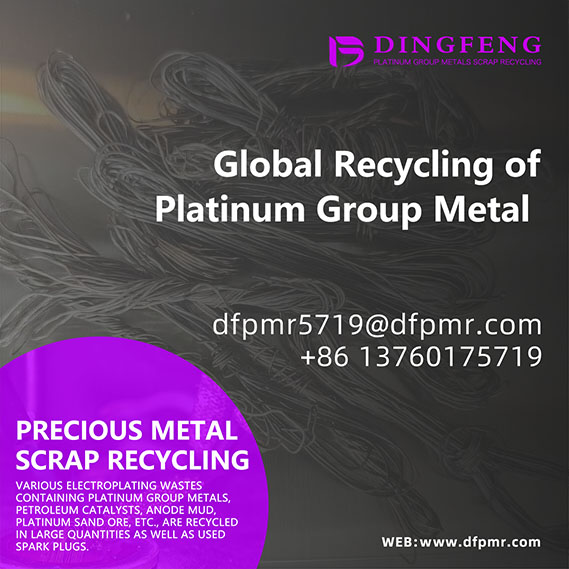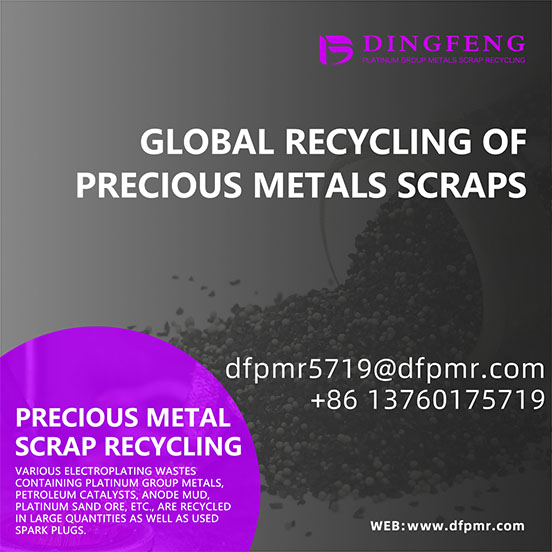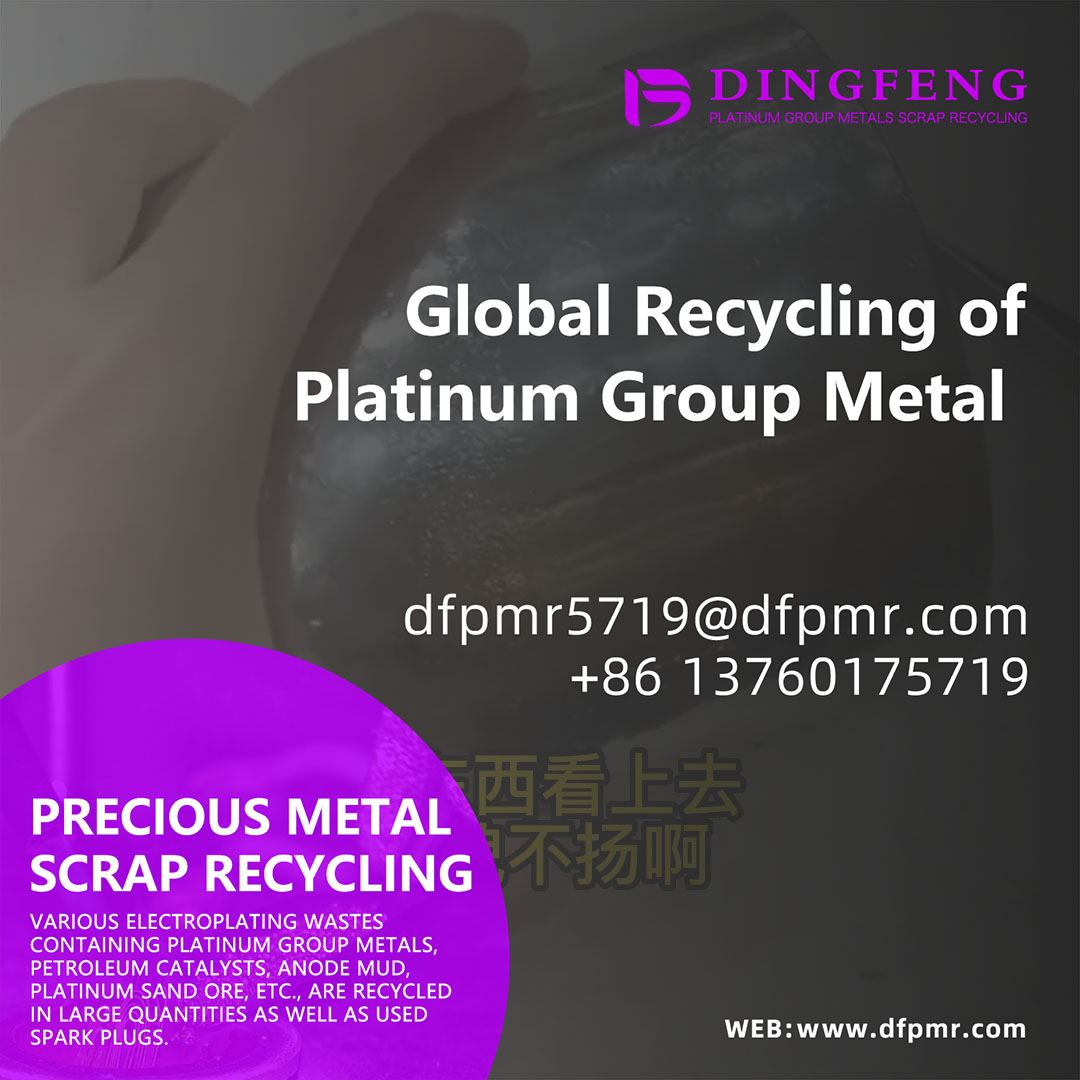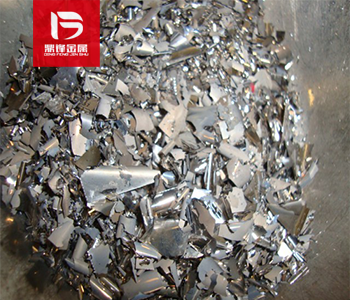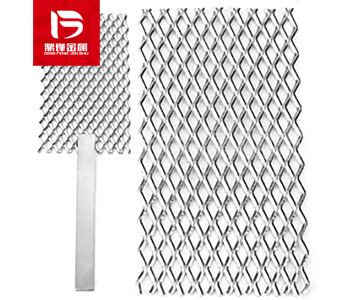The Future of Titanium Mesh: Sustainable Precious Metal Recovery
For ESG investors and sustainability managers, the future of industrial materials lies in closed-loop systems—where every gram of iridium, gold, and platinum is recovered, refined, and reused. Titanium mesh with precious metal coatings represents a major opportunity to reduce mining dependence, cut carbon emissions, and create ethical supply chains.
Product Details
How Recycling Precious Metal-Coated Titanium is Powering the Circular Economy
For ESG investors and sustainability managers, the future of industrial materials lies in closed-loop systems—where every gram of iridium, gold, and platinum is recovered, refined, and reused. Titanium mesh with precious metal coatings represents a major opportunity to reduce mining dependence, cut carbon emissions, and create ethical supply chains.
This article explores how advanced recycling of these high-value materials is driving sustainability in tech, energy, and manufacturing—and why your business should be part of this transformation.
Why Precious Metal-Coated Titanium is a Sustainability Game-Changer
1. Reducing Reliance on Mining
Platinum group metals (PGMs) are among the rarest materials on Earth, with:
80% of global platinum used in catalytic converters and fuel cells.
Iridium critical for electrolyzers—but annual production is less than 10 tons.
Recycling recovers >95% of these metals, slashing demand for destructive mining.
2. Cutting Carbon Footprints
Refining recycled metals emits ~90% less CO₂ than primary production.
Example: Recovering 1kg of platinum saves ~10,000kg of CO₂ vs. mining.
3. Ethical Supply Chain Assurance
Avoids conflict-linked mining in high-risk regions.
Ensures compliance with EU Battery Regulation, SEC Climate Rules, and ESG mandates.
Case Studies: How Recovered Metals Power New Tech
From Aerospace Scrap to Green Hydrogen
Challenge: Discarded iridium-coated titanium from satellite thrusters.
Solution: Recovered iridium reused in PEM electrolyzers, boosting hydrogen production efficiency.
Impact: 1 ton of scrap yielded 200g of iridium—enough for 50 fuel cell stacks.
Medical Waste to Microelectronics Gold
Challenge: Expired pacemakers with gold-plated titanium mesh.
Solution: Gold extracted and repurposed for 5G antenna coatings.
Impact: 10,000 devices recycled = 1kg gold recovered (worth ~$70,000).
Catalytic Converters Reborn as EV Components
Challenge: End-of-life automotive platinum mesh.
Solution: Platinum refined for next-gen fuel cell vehicles.
Impact: 50% lower cost vs. virgin platinum.
The Sustainable Refining Process
Step 1: AI-Assisted Sorting
AI-powered XRF scanners automatically classify scrap by metal type and purity.
Step 2: Low-Emission Recovery
Electrolytic stripping dissolves coatings without harsh chemicals.
Biometallurgical leaching (emerging) uses bacteria to extract metals sustainably.
Step 3: Closed-Loop Remanufacturing
Recovered metals go directly into:
Fuel cell production
Renewable energy storage
Carbon capture catalysts
Why Partner with a Sustainable Refiner?
ESG Reporting Benefits – Document recycled content for sustainability disclosures.
Cost Savings – Avoid volatile mining-linked price swings.
Regulatory Compliance – Meet EU Critical Raw Materials Act and Dodd-Frank 1502 requirements.
Call to Action: Lead the Metal Revolution
The transition to a zero-waste industrial economy starts with smarter material recovery.
Partner with us to transform your titanium mesh scrap into sustainable innovation—contact our eco-refining team today!
SEO Keywords: Circular economy metals, eco-friendly refining, sustainable titanium recycling, ethical iridium sourcing, ESG metal recovery, closed-loop platinum.
By choosing green precious metal recovery, your company doesn’t just recycle—it future-proofs industries while meeting ESG goals. The age of sustainable titanium is here.


